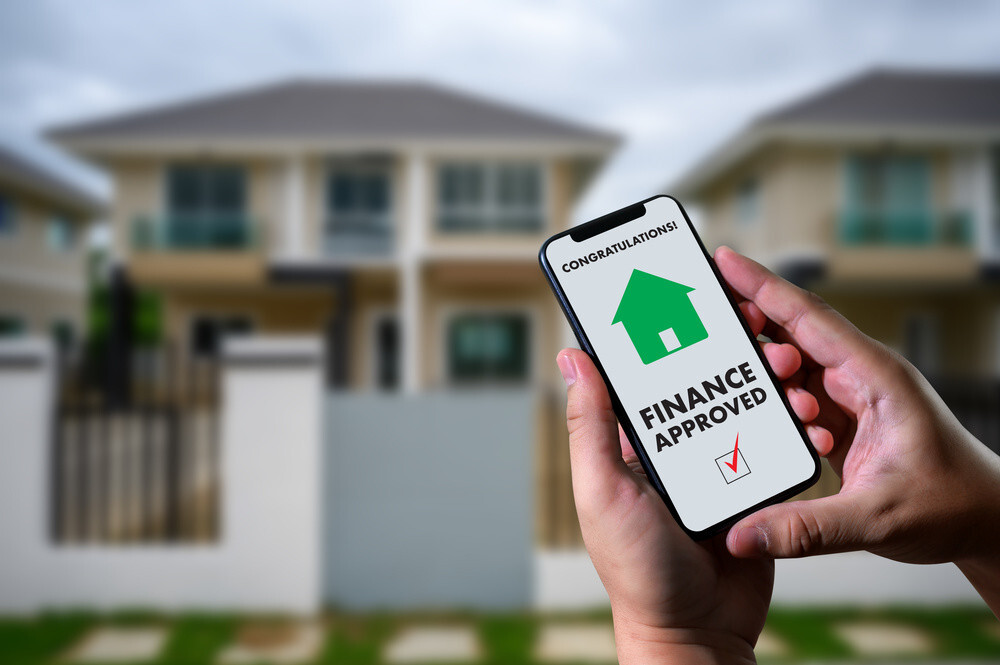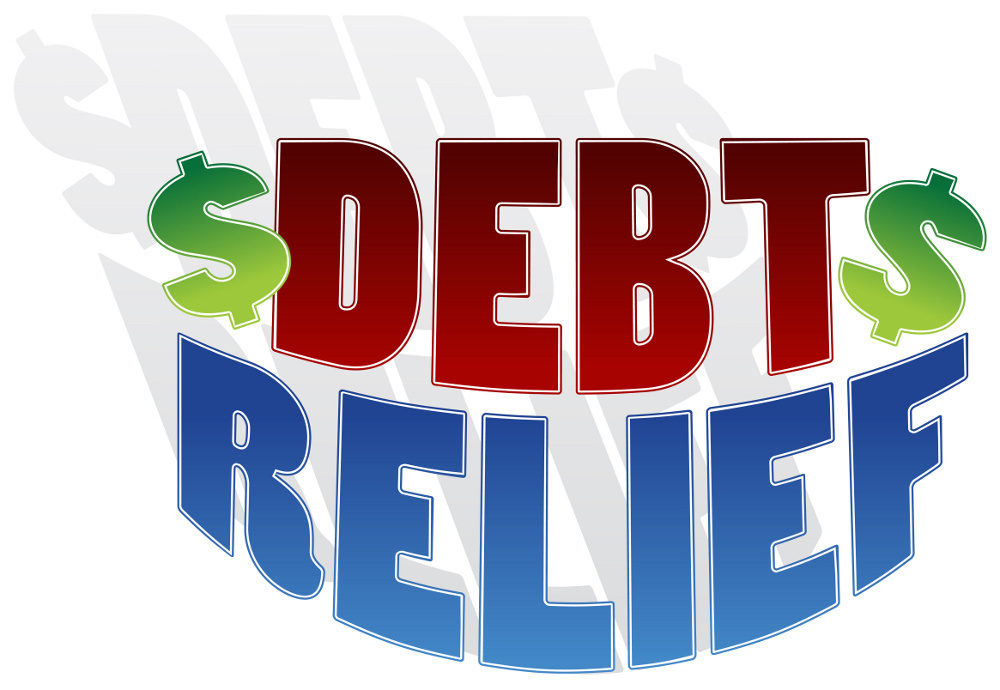If you are looking for debt relief, whether for student loans or credit card debt, you have probably heard of debt consolidation. But unless you have already faced challenges with debt, this may be the first time you encounter this concept. If so, this page is designed to teach you everything you need to know about debt consolidation.
Body:Debt consolidation is a financial process in which you take several debts and combine them into a single monthly payment. In most cases, you can only consolidate debts of the same type. So, the consolidation of student loans is done separately from the consolidation of credit cards, in case you have both types of debt to eliminate.
The consolidation objectives may vary depending on the type of debt and its financial situation. However, in general, it is consolidated to:
• Simplify your bill payment program
• Reduce your total monthly payments
• Minimize or eliminate interests
Things you need to know about debt consolidation
• Do it on your own: It usually only works with simple and low debt volumes. Whether you’re talking about credit cards, student loans or tax debt, this advice is right. Consolidation “made by yourself” is usually the most effective when you have a low volume of debt. If you owe more than $ 50,000 from any type of debt, it is usually best to get professional help. This is also true if your situation is “complicated”.
• Recognize that consolidation and liquidation are different solutions: People often confuse consolidation with debt settlement, but the two are very different. With debt settlement, the goal is to eliminate your debt for less than the total amount owed. On the contrary, the objective of consolidation is to pay everything you owe.
Consolidation simply facilitates debt management within your budget. You restructure the way you pay the debt, so you can make the payments each month without having to fight. Although you can reduce interest charges, the principal or principal is always paid in full.
• When done correctly, consolidation should not damage your credit: This is another way in which consolidation and settlement differ. The settlement of your debts for less than you owe, creates a negative observation in your Credit Report. This lasts seven years from the date of the discharge of the balance owed.
On the other hand, debt consolidation should not negatively affect your credit if you execute your plan correctly. In fact, in most cases, consolidation improves your credit score. Create positive credit history every time you make a payment on time. It also reduces your total debt burden, which also helps you achieve a higher credit score.Normally, the only time you consolidate the debt, you can damage your credit, is when you stop making a payment or leave the consolidation program.
• Re-consolidation is normally allowed: Generally, if you consolidate the debt and your plan does not work, you can usually re-consolidate with another solution. For example, let’s say you use a personal debt consolidation to consolidate a credit card debt. Then, as you pay off the loan, you accumulate new balances on your credit cards. Then he starts having difficulties to make the payments again. You can re-consolidate, using a broader debt consolidation loan, or enroll in a debt management program. In both cases, the original consolidation loan can be included in your new plan.
• Consolidation is not always guaranteed to reduce your payments:Two of the federal payment plans that you can use to consolidate federal student loans can actually increase your payments. The standard refund is designed to pay off all your loans in 10 years or less. This allows you to get out of debt quickly, but the compensation is that you can have higher monthly payments. With repayments or graduated depreciation, payments start low, but then increase by 7% every two years. As a result, the final payments you make may be even higher than the standard plan.
Even with credit card consolidation, lower payments are not guaranteed. Since this type of consolidation works to reduce or eliminate interest charges, it usually decreases your monthly payments, too. However, depending on the amount of debt you have and the length of the payment schedule, payments may be higher.
Conclusion: If you have very good credit, should you consider options for debt consolidation, such as “do it yourself”, so you can avoid damaging your credit.
If you simply cannot afford to pay all you owe, then you should explore options such as debt settlement. This is where you can settle your debts for less than the total amount owed. However, it is important that you know and be forewarned, because this could damage your credit significantly in the years to come.
If you cannot find any option that works for you, bankruptcy is the final solution you can use to get a fresh start.










































